Expert Tutoring as Featured In:




Thinking Skills holiday course, your child will:
✔ Learn to understand and make sense of word problems
✔ Learn to make use of the given information
✔ Learn to think of possible strategies and choose the most efficient one
✔ Learn how to solve the problem based on the plan
✔ Learn how to check the answer and reflect on the process of their learning. This will build a schema in their brain and help them master Thinking Skills
Selective & Scholarship Thinking Skills:
Students sitting the Selective and Scholarship Tests or Advanced Year 5 and Year 6 students wanting to advance their Thinking Skills
OC Thinking Skills:
Students sitting the OC Test or advanced Year 4 students and Year 5 students wanting to advance their Thinking Skills
At Global Education Academy (GEA), we take a scientific and research-based approach to English tutoring. Our structured Year 1 English program is designed to develop your child’s language skills with a clear focus on literacy fundamentals.
We cover all core components of the English language through a carefully crafted curriculum:
-
Reading – Improve fluency, decoding, and confidence through structured reading exercises.
-
Reading Comprehension – Strengthen understanding across a variety of text types and question styles.
-
Spelling – Develop memory retention with visual and auditory learning strategies.
-
Vocabulary – Learn 10–20 new academic words per session to boost written and spoken expression.
-
Grammar & Syntax – Master parts of speech and sentence structure in an age-appropriate way.
-
Punctuation – Apply punctuation rules with accuracy through guided practice and feedback.
-
Writing – Learn to plan, write, and edit across multiple genres using strategies inspired by high school-level writing, simplified for primary learners.
Our Year 1 English tutors in Sydney are experienced educators who understand how to make literacy enjoyable and effective. Whether your child is building confidence, preparing for school assessments, or aiming ahead — we’re here to help them succeed.
Is your child confident in thinking skill questions ?
At Global Education Academy (GEA), our Year 3 English tutoring is grounded in cognitive science and backed by proven results. Our curriculum is built around the Five-C Methodology and Cognitive Load Theory, transforming complex theory into structured, effective learning.
Our experienced English tutors break down each concept, helping students build deep understanding — not just rote knowledge. Every strategy is explained, demonstrated, and connected directly to the content being taught. This ensures students can confidently apply their learning to solve problems with clarity and purpose.
At GEA, we don’t just teach English — we teach your child how to learn it.
Key Learning Focus Areas in Thinking Skills
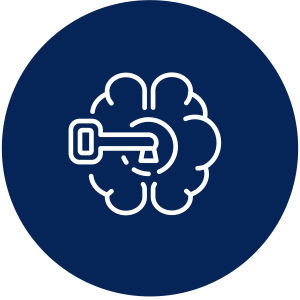
Conceptual Understanding
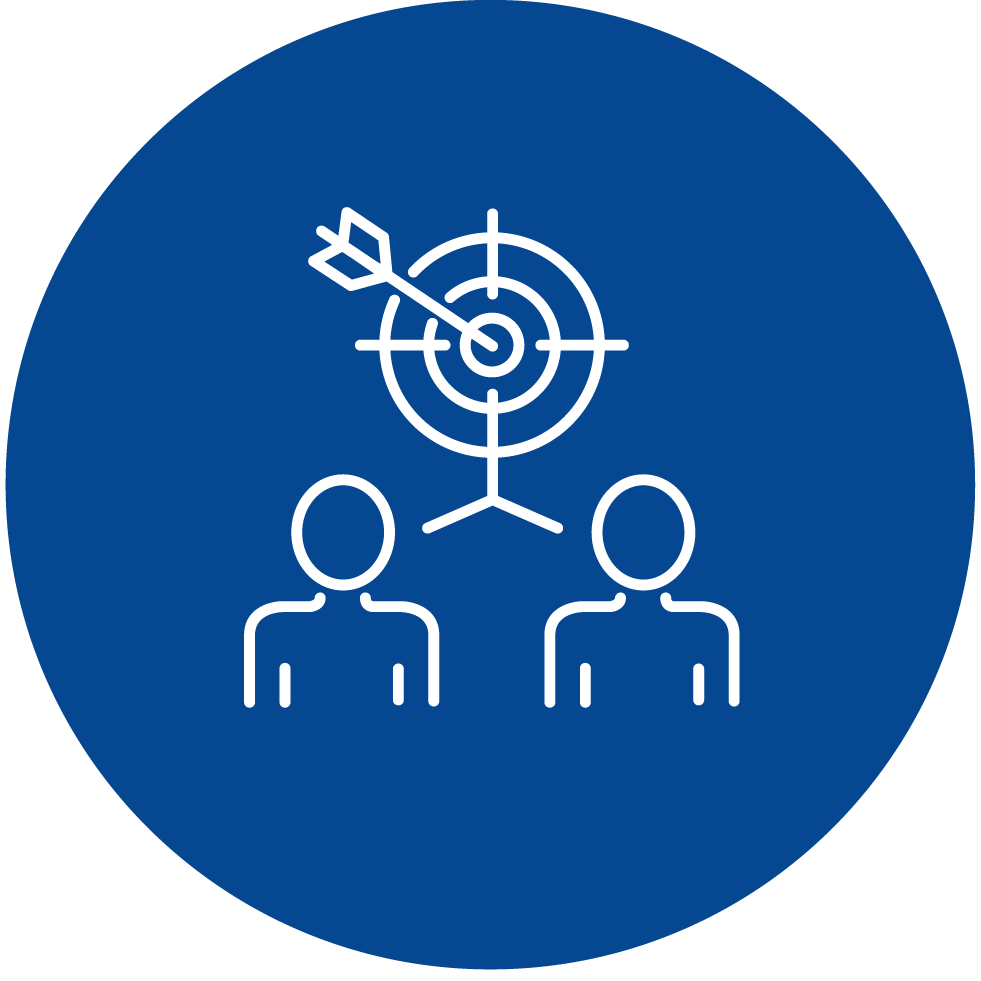
Strategy Development
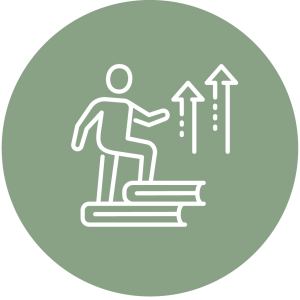
Problem Solving with UPSL™
The UPSL™ Strategy
Our Proven Problem-Solving Framework for Year 5 Maths
At Global Education Academy, we teach students more than just answers—we teach them how to think. Our unique four-step process helps Year 5 students develop deep problem-solving skills that prepare them for selective school exams and beyond.
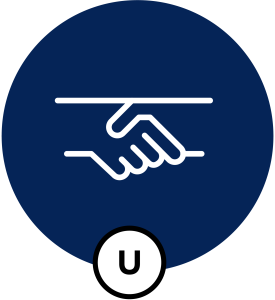
UNDERSTAND IT
Students are guided to thoroughly understand what the question is asking by identifying:
- Key information
- Important keywords
- The actual task being requested
This critical thinking stage lays the foundation for accurate and confident problem-solving.
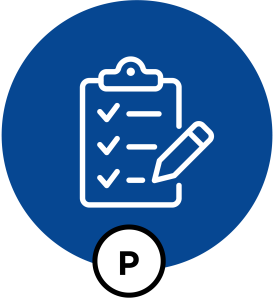
PLAN IT
Map out the steps before taking action.
Many students rush to answer without planning. Our tutors teach students how to:
- Break down the question into manageable steps
- Choose the right strategy for the type of problem
- Organize their thoughts before writing anything
Learning how to plan early on reduces frustration and builds long-term problem-solving resilience.
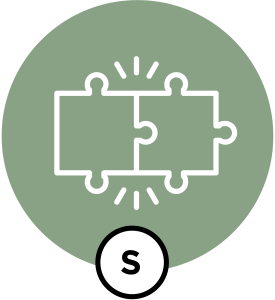
SOLVE IT
Execute with precision.
Once students understand and plan, they move on to solving. Tutors guide them through:
- Executing their plan step-by-step
- Minimizing mistakes
- Developing confidence in their own process
This reinforces their ability to work independently and accurately under test conditions.
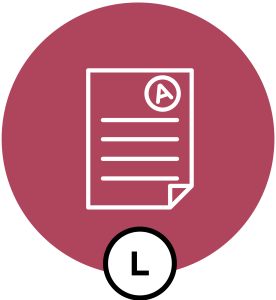
LEARN IT
Reflect, reinforce, and retain.
After solving a problem, students are encouraged to reflect on:
- What they did well
- What they could improve
- What they learned from the experience
Tutors help students build mental schemas—structures in the brain that make it easier to tackle similar problems in the future. This reflective practice is a key part of cognitive learning theory and helps boost academic retention.


